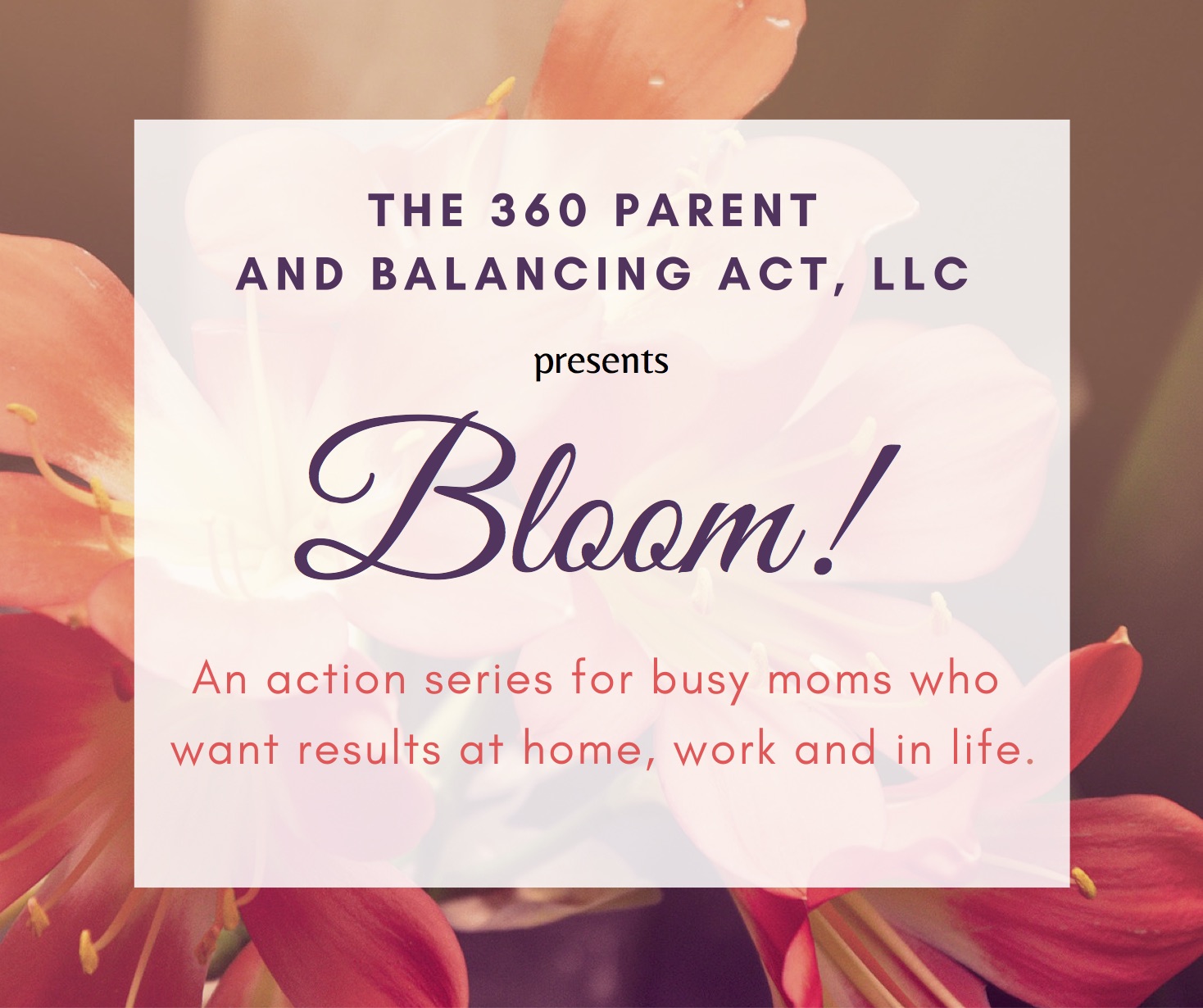It’s so hard trying to find the edges of our job as a parent.
What is helping? What is rescuing? What is letting go? What is abandoning? We don’t know, we DON’T KnoooooooOOoooooW!
Pre-Schooler
Helping: Laying out clothes the night before. Getting dressed or brushing our own teeth WITH our pre-schooler.
Rescuing: Dressing people who know how to dress themselves.
Letting Go: Having child choose their own clothes (we are smart enough to take any non-regulation clothes out of their room - think seasonal or overly dressy clothes).
Abandoning: Not engaging about brushing teeth and just ‘trusting’ they will do it.
Elementary
Helping: Creating a 10 minute routine to pack bag, get stuff together the night before. Reviewing the next day together - who needs a baseball glove, did anyone volunteer to bring in snack, does everyone know where their shin guards are?
Rescuing: Running the forgotten baseball glove, snack, shin guards to school the next day.
Letting Go: Once child has problem solved with parent how to remember to bring trombone on band day (sticky notes, calendar pings, pre-set alarms) parent allows child to experience not having the instrument. What we will all learn, I do not know AND am excited to find out.
Abandoning: Saying, “I’m sick of your forgotten trombone, you are on your own buddy, life is hard, you have to figure it out.”
Middle School
Helping: Creating a homework routine. Through observing, chatting and experimenting - finding a set time and space where homework can be done, AND packed up. Maintaining a dinner schedule to support this timing. Being sure homework area is tidy and house is relatively quiet and stress-free.
Rescuing: Daily interrogating about what homework needs to be done. Going online to find out and remind. Getting last minute supplies for a long term project.
Letting Go: We stop interrogating child and watch who they are. Do they want B’s or A’s? Do they care more about friends then sports? Do they study only to get the grade or are they passionate about a particular subject?
Abandoning: Stop going to parent teacher conferences.
High School
Helping: Review online grading portal once a week with handout high schooler has printed out. Notice everything they did RIGHT first. Ask if they want any assistance in time management, project completion, or organization. Respect their response.
Rescuing: Edit their papers, check their online grading portals daily, text them regularly about what they’d did not turn in.
Letting Go: Their grades are not our grades. Their social life is not our social life. Their hygiene is not our hygiene. Absorb this. Soak it in. Lather.Rinse.Repeat.
Abandoning:NOT monitoring that internet, phone and devices are off and secured NOT in bedrooms at appropriate times. NOT checking in with other parents that adults are present at parties and sleepovers - especially in early high school. NOT training kids in basic life skills - driving, cooking, laundry, making appointments, advocating for themslebes.
College and Beyond
Helping: Reviewing their plans with them - travel plans, packing plans, social plans to help them be aware of potential bumps in the road or avoidable mistakes. Listening to their joys and sorrows. Knowing when finals are, when vacations are, when they might need a healthy dose of parental attention/encouragement/goodies from home.
Rescuing: Knowing their syllubus for class and reminding them of due dates. Editing papers online. Calling to wake them up. Being sure they sign up for next semesters classes.
Letting Go: Establishing a base line grade expectation and then NOT checking grades, but expecting them show us. Trusting them to arrange their own holiday plans and making their own plane reservations (with a budget). Really believing that if they don’t get something done they will either make a correction, advocate for themselves or accept the consequence.
Abandoning: Assuming we are done once they are 18 and they can figure it out, because we had to, didn’t we?
Check out The Self-Driven Child for more information and inspiration on this!















